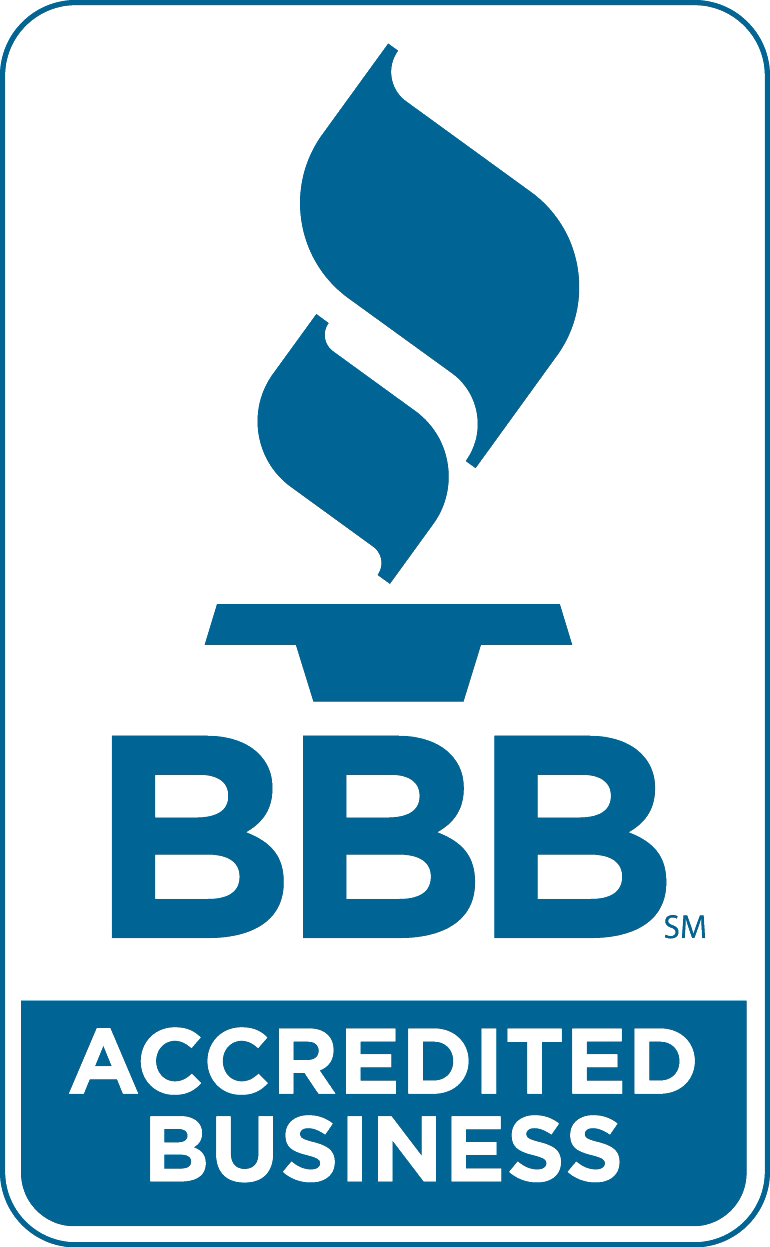Credit Card Lawsuits
Credit card debt is different from most other types of debt.
If you are lucky enough to be in a position where you can pay off your credit card bills every month, the fact is you probably don’t need a credit card in the first place. For the rest of us, credit cards allow us to buy things between paychecks, such as gas and groceries. In this respect, credit cards serve an important function in helping us get by from pay-check to pay-check. We are generally better off because of credit cards.
What Went Wrong?
Something happened during the 1990s which altered this dynamic. Rather than serving as a bridge between paychecks, credit cards started to serve as a second paycheck in themselves. Instead of holding one or two credit cards, people began amassing five or six cards at a time. College students with no income were qualifying for a credit card. The credit card industry successfully lobbied to deregulate the industry. In the end, there was an abundance of credit cards without any real consideration of people’s ability to repay.
With other types of debt, most lenders won’t even consider you for a loan without a demonstrated ability to repay on a consistent basis. The credit card industry is different. This industry actually thrives when you fail to make your payments on time. The amount of interest and fees is often so high that consumers spend their time paying back nothing else. At the point where the debt is written off, the balance can easily be double or triple the amount borrowed. This result is inevitable when you have a 30% interest rate and $35.00 late fees and overlimit fees, which accumulate each and every month for years on end.
How “Zombie Debt” Changed the Credit Card Industry
Over the past decade or so, dozens of companies have emerged which have realized a market in purchasing defaulted credit card debt, then suing the consumer to recover the money for themselves. These defaulted credit card debts are often purchased for pennies on the dollar, which means that on a balance of $1,000.00, one of these debt buyers could realize a profit of $950.00 or more.
Why would the credit card companies be willing to sell these debts for such a small amount? Think of this analogy as a way of explaining it: a hungry lion stalks and successfully brings down a zebra. The lion gorges itself until there is nothing left but the carcass. The lion is almost always willing to make way for the vultures, even when there is still meat left on the bones. The debt purchasing industry is largely comprised of vultures who pick over the bones left behind by the credit card companies.
Some people use the phrase “zombie debt” to describe theses defaulted credit card accounts. When a company purchases zombie debt, they are in essence hoping to pick the last bits of meat off the bones of consumers who were unable to keep up with their credit card payments. In many instances, the documentation necessary to prove these debts has been lost or destroyed. In other instances, the debt purchasers have no way of proving how much interest, late fees, over-limit fees and other charges were added to the account by the credit card companies. Either way, debt purchasing companies often have a difficult time trying to prove zombie debt cases in court.
What To Do to Protect Yourself
You will know when you are the victim of a zombie debt claim because the company suing you won’t sound anything like the company that issued the credit card. These companies purchase thousands of zombie debt accounts at a time, and then hire law firms throughout the country to file suit. If you try to defeat one of these claims on your own, you will surely lose. This is true because you are not equipped to take on a seasoned attorney in court. In order to give yourself the best chance of prevailing, you will need to find an attorney who knows how to litigate these types of claims.



